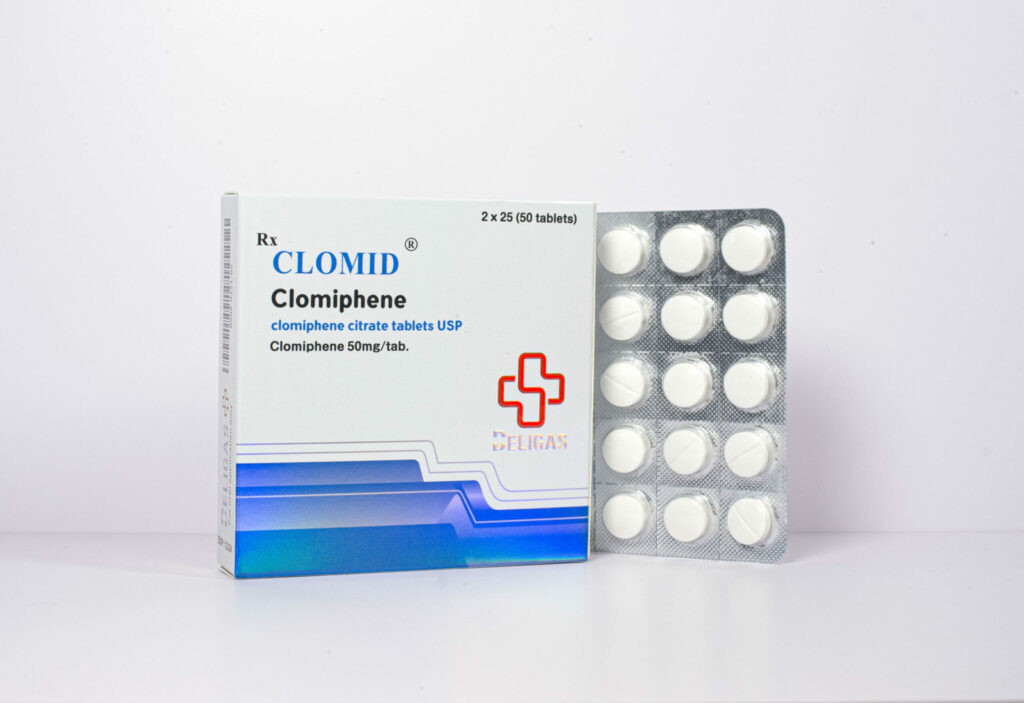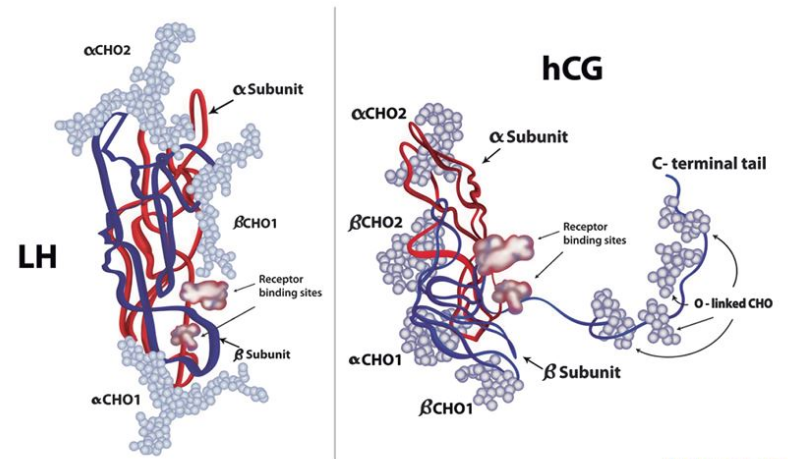Discover the optimal timing for men to take Clomid with our comprehensive guide.
Introduction to Clomid for Men
If you’re a man considering Clomid as a treatment option, you may be wondering about the best time to take this medication. Timing plays a crucial role in maximizing the efficacy of Clomid and minimizing potential side effects. In this article, we will provide a comprehensive guide to help you determine the optimal time to take Clomid.
Understanding Clomid: A Brief Overview
Before learning about the timing aspect of Clomid, it’s essential to have a basic understanding of what Clomid is and how it works in men.

Clomid, a commonly prescribed medication, plays a crucial role in reproductive health for both men and women. While it is widely recognized for its effectiveness in stimulating ovulation in women, Clomid, also known as clomiphene citrate, has shown promising results in addressing hormonal imbalances in men as well. This versatile medication belongs to a class of medications called selective estrogen receptor modulators (SERMs). This makes it a valuable tool in the realm of fertility treatments and hormone regulation.
What is Clomid?
Clomid, also known as clomiphene citrate, is a medication primarily used to stimulate ovulation in women. However, it is also prescribed off-label for men with low testosterone levels. It belongs to a class of medications called selective estrogen receptor modulators (SERMs).
When it comes to women, Clomid is often the first line of treatment for those struggling with infertility. By promoting the release of eggs from the ovaries, Clomid increases the chances of conception. In men, Clomid’s mechanism of action differs slightly but is equally significant in addressing hormonal deficiencies.
How Does Clomid Work in Men?
Clomid works by blocking the action of estrogen in the body. This leads to an increase in the production of follicle-stimulating hormone (FSH) and luteinizing hormone (LH). This boost in FSH and LH prompts the testes to produce more testosterone, hence improving testosterone levels in men.
By modulating the hormonal environment in men, Clomid can help restore testosterone levels, which is crucial for various aspects of male health, including fertility, muscle mass, and overall well-being. The intricate interplay between Clomid and the endocrine system underscores its significance beyond its conventional use, highlighting its potential to address a spectrum of health concerns related to hormonal balance.
The Importance of Timing in Taking Clomid
Timing is crucial when it comes to taking Clomid. It can significantly impact the effectiveness of the medication as well as the potential side effects experienced.
Role of Timing in Medication Efficacy
The success of Clomid treatment in men relies on taking the medication at the right time. The timing should be based on a thorough understanding of the body’s natural testosterone production cycle. Your healthcare provider will take into account factors such as your age, overall health, and testosterone levels to determine the most effective timing for you.
Understanding the body’s hormonal fluctuations is key in determining the optimal timing for Clomid intake. Testosterone levels typically follow a circadian rhythm, with peak production occurring in the early morning. By aligning Clomid administration with this natural peak, you can potentially enhance its efficacy in stimulating testosterone production.
Impact of Timing on Side Effects
By carefully timing your Clomid intake, you can potentially reduce the risk of experiencing side effects. It’s important to remember that timing alone cannot eliminate side effects entirely, but it can help mitigate their severity.
Moreover, the timing of Clomid intake can also influence the body’s response to the medication. Taking Clomid at specific times of the day may help regulate hormone levels more effectively, leading to a smoother treatment experience with fewer fluctuations.
Consult with your healthcare provider to find the optimal timing that balances maximizing Clomid’s effectiveness while minimizing possible side effects.
Determining the Best Time to Take Clomid
Finding the best time to take Clomid involves considering various factors that influence its effectiveness and your individual circumstances.
Clomid, a commonly prescribed medication for men dealing with low testosterone levels, plays a crucial role in boosting testosterone production and enhancing fertility. Understanding the optimal timing for taking Clomid can significantly impact its effectiveness and your overall treatment outcome.
Factors Influencing the Ideal Time
There are several factors that can influence the ideal timing for taking Clomid. These include your testosterone levels, your body’s natural testosterone production cycle, and any underlying medical conditions. Your healthcare provider will assess these factors to determine the most appropriate timing for you.
It’s essential to consider your daily routine and lifestyle when determining the best time to take Clomid. Some men may find it more convenient to take the medication in the morning, while others may prefer taking it in the evening. Consistency in timing is key to ensuring the medication’s effectiveness.
Consulting Your Healthcare Provider
Consulting with a knowledgeable healthcare provider experienced in treating men with Clomid is crucial. They will be able to assess your specific needs, evaluate your medical history, and guide you on the best time to take Clomid. They can also monitor your progress and adjust the timing if necessary.

Additionally, discussing any potential side effects or concerns with your healthcare provider can help mitigate any issues that may arise during your Clomid treatment. Open communication and regular follow-ups are essential for optimizing the benefits of Clomid therapy.
Common Misconceptions About Taking Clomid
When it comes to Clomid, there are several misconceptions that need to be addressed. Let’s debunk some of these myths to provide you with accurate information.
Clomid, also known by its generic name clomiphene citrate, is a medication commonly associated with female fertility treatments. However, its benefits extend beyond just women. In men, Clomid can be prescribed off-label to address conditions like hypogonadism, where the body doesn’t produce enough testosterone. By stimulating the release of certain hormones in the brain, Clomid can help boost testosterone levels in men, potentially improving symptoms like low libido and fatigue.
Debunking Clomid Myths
One common myth is that taking Clomid will result in significant muscle gain. While Clomid can help increase testosterone levels, it is not a magic pill for muscle growth. Its effects on muscle mass are typically modest.
It’s important to note that Clomid should only be used under the supervision of a healthcare provider, as improper use can lead to potential side effects such as vision disturbances, mood swings, and hot flashes. Dosage and monitoring are crucial to ensure the safe and effective use of this medication.
Facts vs Fiction: Clomid Use in Men
Another misconception is that Clomid is exclusively used for fertility purposes in women. In reality, Clomid can be a valuable treatment option for men with low testosterone levels. It is important to differentiate between the primary and off-label uses of the medication.
When considering Clomid, it’s essential to have a thorough discussion with a healthcare provider to understand the potential benefits and risks. Monitoring hormone levels and overall health throughout the treatment process is key to optimizing outcomes and minimizing adverse effects.
Potential Side Effects and Risks of Clomid
Understanding the potential side effects and risks associated with Clomid is crucial for making an informed decision about its use.
Clomid, also known as clomiphene citrate, is commonly prescribed to women to stimulate ovulation. However, it is also used off-label in men to treat infertility. While Clomid can be effective in boosting testosterone levels and sperm production, it is important to be aware of the potential side effects and risks that may accompany its use.
Understanding the Side Effects
Common side effects of Clomid in men may include hot flashes, mood swings, changes in libido, and visual disturbances. However, it’s important to note that not everyone will experience these side effects, and they are generally temporary and reversible.
Less common side effects of Clomid may include abdominal discomfort, nausea, and headaches. In rare cases, severe side effects such as chest pain, shortness of breath, or sudden vision changes may occur, requiring immediate medical attention. It is important to report any unusual symptoms to your healthcare provider promptly.
Managing Potential Risks
Your healthcare provider will closely monitor your response to Clomid treatment and adjust the dosage or timing if necessary. Regular check-ups and communication are key to managing any potential risks and ensuring your well-being throughout the treatment process.
It is essential to discuss any pre-existing medical conditions, medications, or concerns with your healthcare provider before starting Clomid treatment. Certain conditions, such as a history of liver disease or hormone-sensitive tumors, may warrant caution or alternative treatment options.
In conclusion, determining the best time to take Clomid involves careful consideration of various factors and consulting with a knowledgeable healthcare provider. By understanding Clomid’s mechanism of action and the importance of timing, you can optimize its effectiveness while minimizing potential side effects. Remember, personalized guidance from a healthcare professional is essential for a safe and successful Clomid treatment journey.




